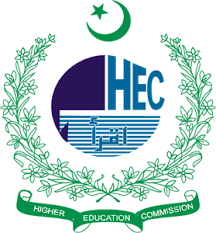The Principled and Civilizational Evolution of Constitution-Making: An Analysis of Legal Development and State Formation in Islamic and Western Traditions
آئین سازی کا اصولی و تہذیبی ارتقاء (اِسلامی اور مغربی روایت میں قانونی ارتقاء اور ریاست کی تشکیل کا تحقیقی جائزہ)
Keywords:
Principled, Civilizational, Evolution, Constitution, Making, Development, State, Legal, Western TraditionsAbstract
This research article offers a comparative analysis of the principled and civilizational evolution of constitution-making in Islamic and Western traditions. It highlights the distinct historical, cultural, and intellectual contexts that shaped the constitutional development in these two prominent civilizations. The article posits that while Western constitutionalism evolved from the ancient Greek and Roman democratic ideals to modern European theories, the foundations of Islamic constitution-making are rooted in the establishment of the State of Medina, centered on principles of justice, consultation, and Islamic governance. The Constitution of Medina is presented as a seminal example, not only for establishing a stable state but also for pioneering principles of governance and citizen rights. Notably, it predates Western written constitutions by centuries, embodying concepts like religious tolerance, individual liberty, and collective responsibility long before they gained traction in the West. The study traces Western constitutional development from early philosophical concepts to the Magna Carta and the US Constitution, underscoring the shift towards limiting state power and safeguarding individual rights. In contrast, Islamic constitutional thought, deeply intertwined with religious doctrine, emphasizes the state’s role in serving faith, fostering moral values, and ensuring justice and equality for all citizens, irrespective of their faith or background. The article concludes by asserting that Islamic constitution-making offers a comprehensive, practical, and enduring model rooted in divine guidance, presenting a beacon for global constitutional thought even today.









